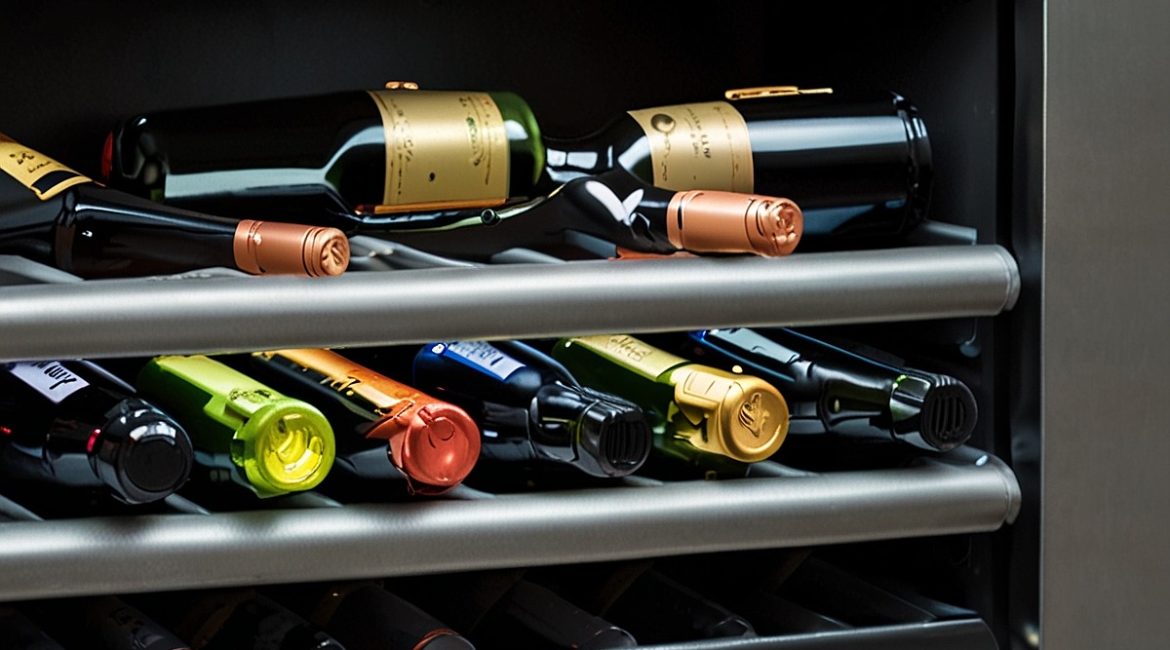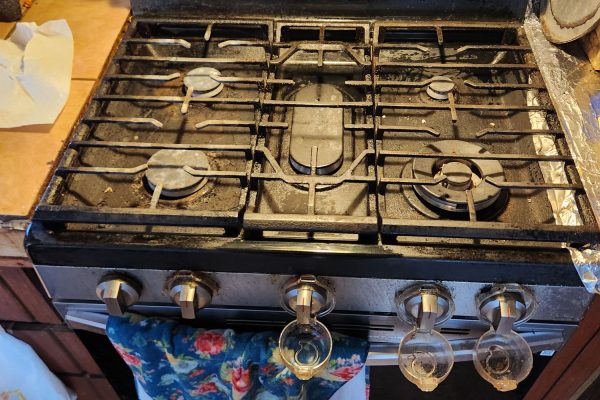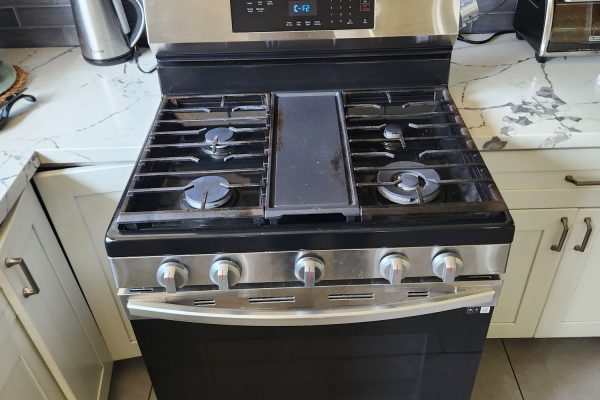Wine refrigerators have become indispensable for wine enthusiasts and collectors, providing the precise conditions necessary for preserving and aging wine. Among the critical features of these appliances is the automatic humidity control system, which ensures the internal environment maintains the optimal humidity levels for wine storage. Despite their advanced technology, these systems can encounter various issues that compromise their effectiveness. Understanding the problems associated with automatic humidity control systems, their impacts, and how to address them is vital for maintaining the quality and longevity of a wine collection.
The Role of Automatic Humidity Control in Wine Refrigerators
Proper humidity levels in a wine refrigerator are crucial for preserving wine quality. Ideal humidity ranges between 50% and 70%, ensuring that corks remain moist and do not dry out, which would allow air to enter the bottle and oxidize the wine. Conversely, too much humidity can lead to mold growth and label damage. Automatic humidity control systems are designed to monitor and adjust humidity levels without user intervention, maintaining a stable environment for wine storage.
Common Problems with Automatic Humidity Control Systems
Sensor Malfunctions: Humidity sensors are critical components of the control system. If these sensors fail or become inaccurate, the system cannot maintain the proper humidity levels. Sensor malfunctions can result from age, exposure to moisture, or manufacturing defects.
Software Glitches: The software that governs the automatic humidity control can experience bugs or errors, leading to incorrect humidity readings and adjustments. These glitches can arise from outdated software or conflicts within the system.
Inadequate Humidification: If the humidification mechanism within the system, such as a water reservoir or humidifier, malfunctions or becomes clogged, the system may fail to add the necessary moisture to the air.
Dehumidification Issues: Conversely, if the dehumidification component fails, the system may not effectively remove excess moisture, leading to overly humid conditions.
Environmental Factors: External factors, such as high ambient humidity or placement of the refrigerator in an unsuitable location (e.g., near a heat source or in a poorly ventilated area), can interfere with the system’s ability to control internal humidity.
Power Fluctuations: Frequent power fluctuations or outages can disrupt the operation of the humidity control system, causing it to reset or malfunction.
Implications of Humidity Control System Failures
Cork Deterioration and Wine Oxidation: If humidity levels drop too low, corks can dry out and shrink, allowing air to enter the bottles and oxidize the wine. Oxidation spoils the wine, altering its flavor and aroma.
Mold Growth: High humidity levels create an ideal environment for mold growth, which can affect the corks and labels. Mold not only damages the bottles’ appearance but can also pose health risks.
Label Damage: Excessive humidity can cause wine bottle labels to peel, fade, or become illegible, which is a significant concern for collectors who value the aesthetic and historical importance of labels.
Increased Maintenance Costs: Persistent issues with the humidity control system can lead to frequent repairs or replacements of components, increasing the overall cost of maintaining the wine refrigerator.
User Frustration: Recurring problems with automatic humidity control can frustrate users, diminishing the perceived value and convenience of their wine refrigerator.
Addressing and Preventing Humidity Control Problems
Regular Maintenance: Routine inspection and maintenance of the humidity control system can help detect and address issues early. Cleaning the sensors and humidification components can prevent malfunctions caused by dust and debris.
Software Updates: Keeping the control system’s software up to date can resolve bugs and improve its functionality. Manufacturers should provide regular updates and patches to enhance system performance.
Environmental Control: Placing the wine refrigerator in a stable, suitable environment can reduce the strain on the humidity control system. Avoid areas with high ambient humidity, direct sunlight, or near heat sources.
Use of Quality Components: Investing in a wine refrigerator with high-quality sensors and humidification mechanisms can reduce the likelihood of malfunctions. Durable and reliable components are essential for long-term performance.
Professional Servicing: For persistent or complex issues, professional servicing by a qualified technician can ensure that the system is properly diagnosed and repaired. Regular professional check-ups can also help maintain optimal performance.
Backup Humidity Control: Using supplementary humidity control methods, such as placing a hygrometer inside the refrigerator to monitor humidity levels manually, can serve as a backup if the automatic system fails. This allows for manual adjustments to be made if necessary.
Automatic humidity control systems in wine refrigerators play a crucial role in maintaining the precise conditions needed for wine storage. However, these systems can face a range of issues, from sensor malfunctions and software glitches to environmental factors and power disruptions. The implications of these problems are significant, potentially leading to cork deterioration, wine oxidation, mold growth, label damage, increased maintenance costs, and user frustration.
To address and prevent these issues, regular maintenance, software updates, environmental control, use of quality components, professional servicing, and backup humidity control methods are essential. By taking these steps, wine enthusiasts and collectors can ensure their wine refrigerators function optimally, preserving the quality and longevity of their valuable wine collections. Proper humidity control is not just a technological necessity but a key to maintaining the delicate balance required for fine wine preservation.
Our services are your reliable way to solve problems with household appliances! If your appliances require repair, don’t worry – contact Oceanside Appliance Service Center and we will help you forget about any inconvenience.
Our company has many years of experience in repairing household appliances of various brands and models. Our team of highly qualified technicians has deep knowledge and experience in working with refrigerators, washing machines, dryers, dishwashers, stoves, ovens and other devices.
We guarantee a professional approach to each task and the use of only original spare parts for repairs. Restoring your household appliances to optimal condition is our main goal.
Contact us


